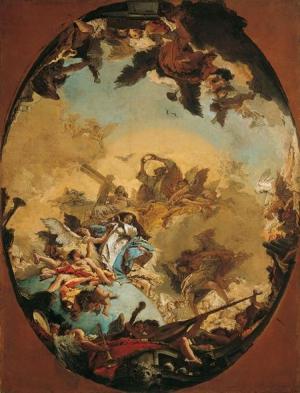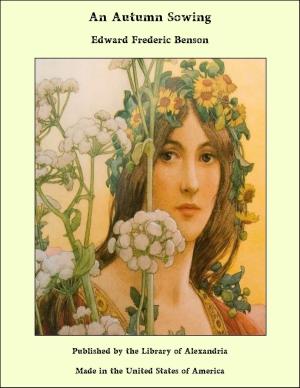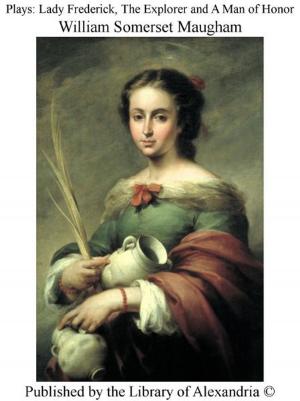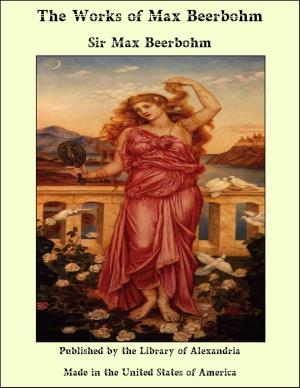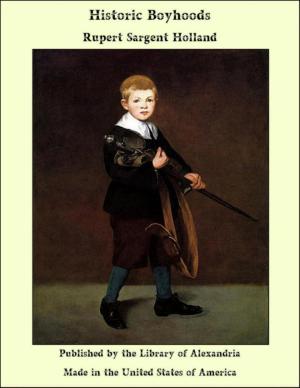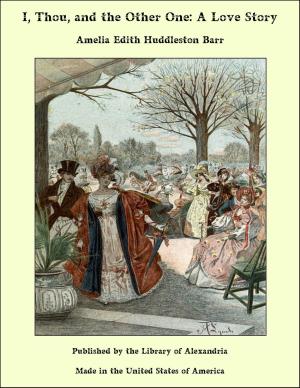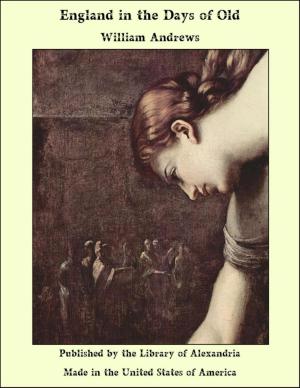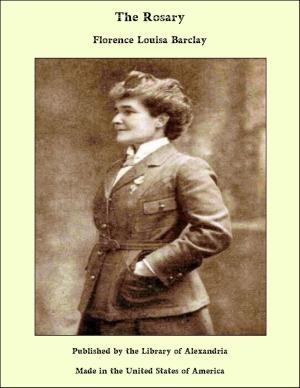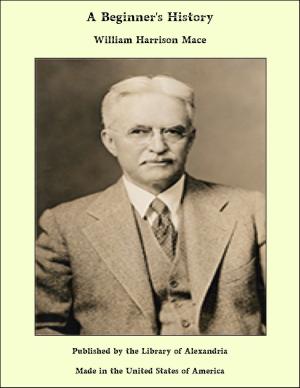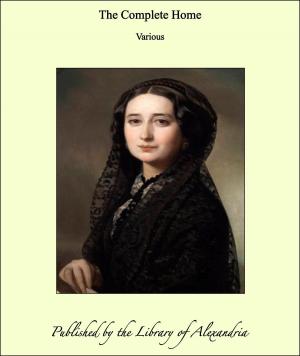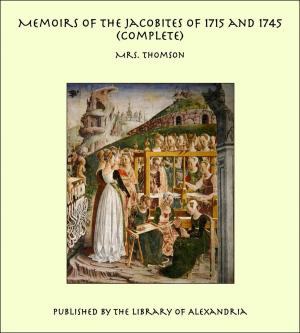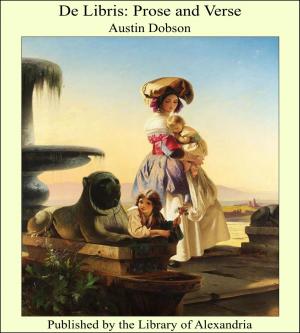Legends of the Saxon Saints
Nonfiction, Religion & Spirituality, New Age, History, Fiction & Literature| Author: | Aubrey De Vere | ISBN: | 9781465559128 |
| Publisher: | Library of Alexandria | Publication: | March 8, 2015 |
| Imprint: | Language: | English |
| Author: | Aubrey De Vere |
| ISBN: | 9781465559128 |
| Publisher: | Library of Alexandria |
| Publication: | March 8, 2015 |
| Imprint: | |
| Language: | English |
Many years ago a friend remarked to me on the strangeness of the circumstance that the greatest event in the history of a nation, its conversion to Christianity, largely as it is often recorded in national legends, has never been selected as a theme for poetry. That event may indeed not supply the materials necessary for an Epic or a Drama, yet it can hardly fail to abound in details significant and pathetic, which especially invite poetic illustration. With the primary interest of that great crisis, many others, philosophical, social, and political, generally connect themselves. Antecedent to a nation's conversion, the events of centuries have commonly either conduced to it, or thrown obstacles in its way; while the history as well as the character of that nation in the subsequent ages is certain to have been in a principal measure modified by that event. Looking back consequently on that period in which the moral influences of ages, early and late, are imaged, a people recognises its own features as in a mirror, but sees them such as they were when their expression was still undetermined; and it may well be struck by the resemblance at once to what now exists, and also by the dissimilitude. Many countries have unhappily lost almost all authentic records connected with their conversion. Such would have been the fate of England also, had it not been for a single book, 'Bede's Ecclesiastical History.' In the following poems I have endeavoured to walk in the footsteps of that great master. Their scope will best be indicated by some remarks upon the character of that wonderful age which he records.
Many years ago a friend remarked to me on the strangeness of the circumstance that the greatest event in the history of a nation, its conversion to Christianity, largely as it is often recorded in national legends, has never been selected as a theme for poetry. That event may indeed not supply the materials necessary for an Epic or a Drama, yet it can hardly fail to abound in details significant and pathetic, which especially invite poetic illustration. With the primary interest of that great crisis, many others, philosophical, social, and political, generally connect themselves. Antecedent to a nation's conversion, the events of centuries have commonly either conduced to it, or thrown obstacles in its way; while the history as well as the character of that nation in the subsequent ages is certain to have been in a principal measure modified by that event. Looking back consequently on that period in which the moral influences of ages, early and late, are imaged, a people recognises its own features as in a mirror, but sees them such as they were when their expression was still undetermined; and it may well be struck by the resemblance at once to what now exists, and also by the dissimilitude. Many countries have unhappily lost almost all authentic records connected with their conversion. Such would have been the fate of England also, had it not been for a single book, 'Bede's Ecclesiastical History.' In the following poems I have endeavoured to walk in the footsteps of that great master. Their scope will best be indicated by some remarks upon the character of that wonderful age which he records.

